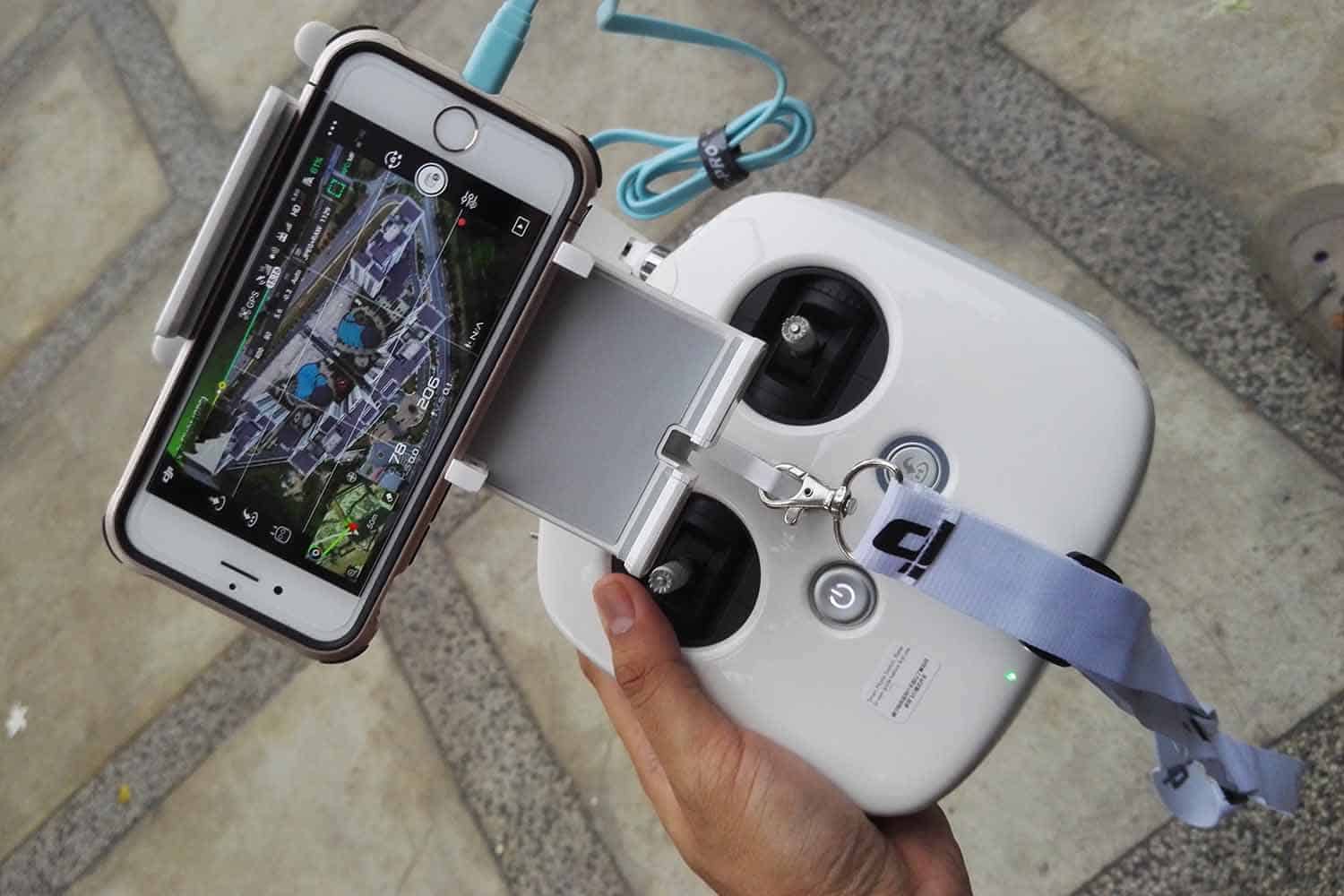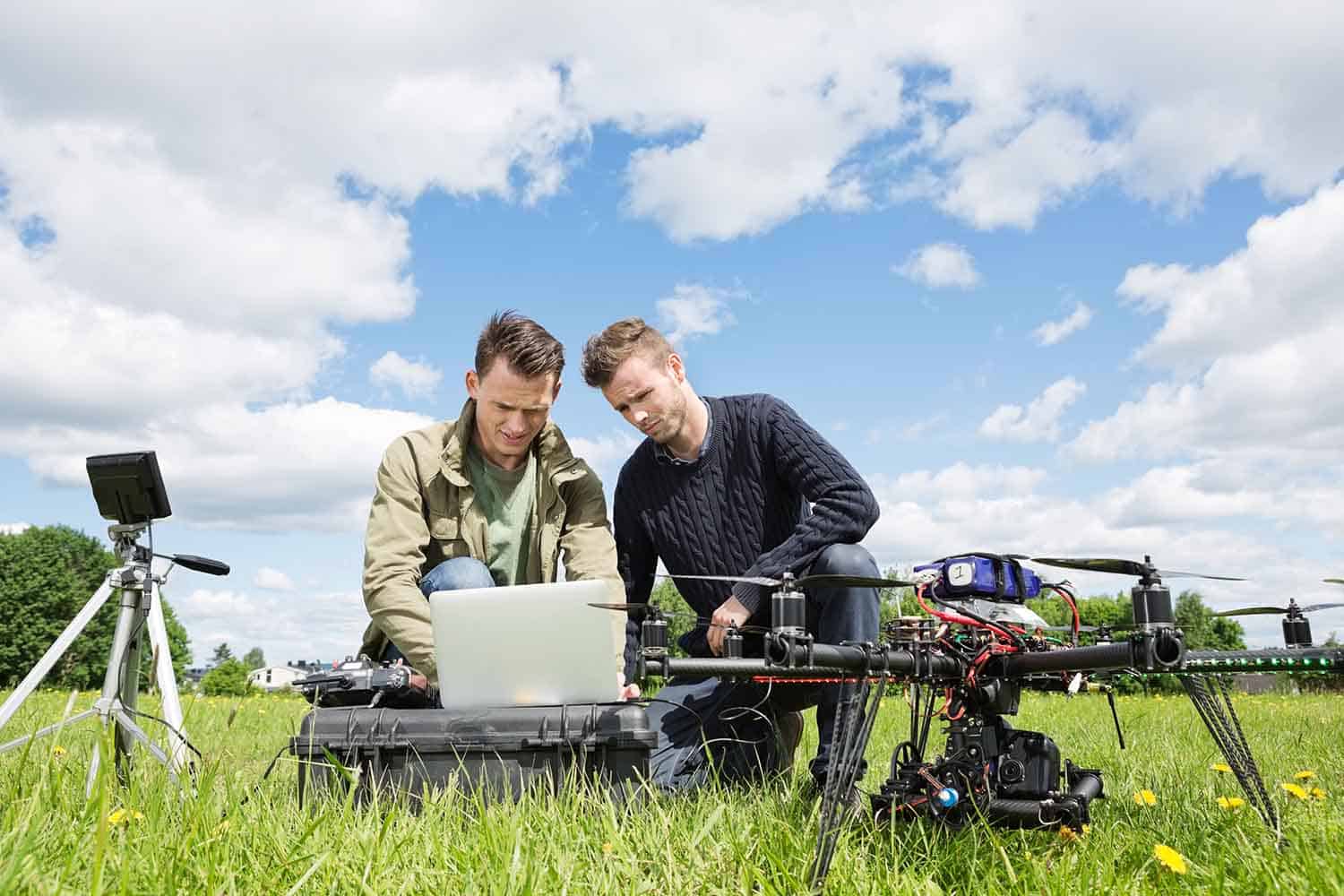Drone Safety: More than FAA Certification
July 18, 2018
The commercial drone industry is growing at a rapid rate. Elegant, super efficient drone solutions have put drone services in high-demand by clients, and low-cost equipment together with pilot-friendly certification requirements (FAA 107) make the industry an attractive career choice for pilots.
All this fast growth has certainly outpaced drone regulation. And while the federal government and FAA are working on new frameworks for safe commercial drone expansion such as the UAS Integration Pilot Program (IPP), there’s plenty of room for drone companies to develop and deploy safety protocols, checks and balances in advance of new regulations. It may be the Wild West out there, but experienced pilots and reputable drone services companies are taking the long view, building advanced drone safety and compliance into operations now.
FlyGuys is on a mission to subvert the Wild West culture in the drone services sector. Through comprehensive pilot training, quality and compliance management tools, and community development, FlyGuys brings best practices in safe drone operations to drone pilots. The company’s standards for drone safety and excellence support not only the FlyGuys fleet, but can be useful to others in the drone services industry as well.

TRAINING & TESTING
The Federal Aviation Administration (FAA) regulates drone interactions with controlled airspace and governs drone licensing, but it has not created standards for safety best practices, nor does it test pilots on their live flying capabilities. Nick Handley, Chief Design Officer with FlyGuys, recognizes that without formalized training and rules, the likelihood of safety incidents is higher.
“FAA commercial drone certification is just the first step in drone safety,” Nick explains. “Pilots should have comprehensive drone safety training beyond the FAA’s written test.”
A drone veteran with over 4,000 flight hours, Nick has seen his share of hobbyists and newly-licensed pilots making flying mistakes, including some with near-misses by people and property. He has also performed missions that tested the limits of his own piloting abilities, especially in the early days of consumer drone hardware and software. Now, with today’s more sophisticated UAVs, there’s a new safety concern: pilots can be misled into thinking drones will fly themselves. “Drones are becoming technologically advanced very quickly and are easier to fly,” Nick says. “Using them in perfect conditions can lull you into thinking you don’t have to stay alert.” But even today’s most sophisticated drones are subject to losing connection, weather interruptions, and other surprises.
Nick and FlyGuys’ Operations Manager Rusty Randall are developing an online training program to teach flight safety and other skills to newly licensed pilots. The program covers safety topics such as how to maintain control in high-wind environments, how to avoid collision hazards in congested areas, and the proper way to conduct pre-flight planning to avoid obstacles and maintain drone control.
There’s also software and data capture training for different mission types. “There are three main elements to operating drones commercially,” explains Nick. “First is knowing how to operate the equipment. Second is understanding the data gathering, ensuring you’re capturing what the mission requires whether for asset inspections, surveying and mapping, construction project progression or marketing. Each industry has vastly different needs for the aerial data it collects. Third is the cinematography, employing high quality aerial imaging techniques so the client gets the most from the drone capture,” he concluded.
Testing is another integral part of the FlyGuys training platform. Exams test pilots on flight operations, drone safety protocols, compliance requirements and data capture for each industry. For example, a FlyGuys pilot must pass the Real Estate Aerial Photography training module and exam, and meet other vetting requirements before being dispatched on a real estate job. This ensures deployed pilots practice the high-caliber of safety protocols and due diligence employed by FlyGuys.

INNOVATIVE DRONE TOOLS
A successful drone mission depends on rigorous due diligence. Equipment inspection, pre-flight planning, and a mission scope discovery need to happen to fly safely and obtain usable aerial imagery. This level of circumspection and is not yet pervasive in the drone industry, but FlyGuys is moving to change that by developing tools that help drone pilots perform pre-mission due diligence through approved media delivery.
For example, a state-of-the-art pilot app manages operational logistics and gatekeeps missions to ensure safety. The app will also streamline workflow with elements like Inspection Checklists, Mission Scoping, a Certificate of Authorization request tool and more, speeding and simplifying communication between the client, FlyGuys mission dispatch, and the FAA.
The app’s Certificate of Authorization (CoA) tool is possibly its most innovative and prescient feature. CoAs are granted by the FAA and allow commercial drone pilots to fly in controlled air space – but to get one, pilots must apply for each mission. FlyGuys’ CoA feature lets pilots seamlessly apply for CoAs. “COAs are one way the FAA is trying to bridge the gap between hobbyists drone flyers and true commercial drone operators,” explains Randall. The app’s CoA capabilities will help FlyGuys serve clients more quickly, while easing the bureaucratic burden on pilots.

PILOT COMMUNITY FORUM
One of the best ways for anyone to improve their skills is by sharing challenges and solutions with a community of peers. To prevent a community from turning into an echo chamber littered with half-truths and subpar advice, experienced practitioners need to be in the mix. Thus, FlyGuys is incorporating a community forum into its training program to give new pilots a chance to learn from seasoned pilots.
A sample nugget from Nick: “I encourage new pilots to purchase a little $25 indoor drone called the Hubsan X4, because it’s really hard to control. When I was learning to fly drones, practicing on this little drone was the best thing I ever did. It forces you to work around obstacles and develop manual piloting skills, still critical for field safety.”
FlyGuys training program, tools and protocols are helping to create high standards for safety and excellence throughout the industry. To keep the drone industry truly self-sustaining, new and veteran pilots alike need to be empowered to develop their safety skills and deliver superior work product with every mission.
LEARN MORE
To learn more about becoming a FlyGuys Pilot Partner, our training programs or drone services, please contact us.